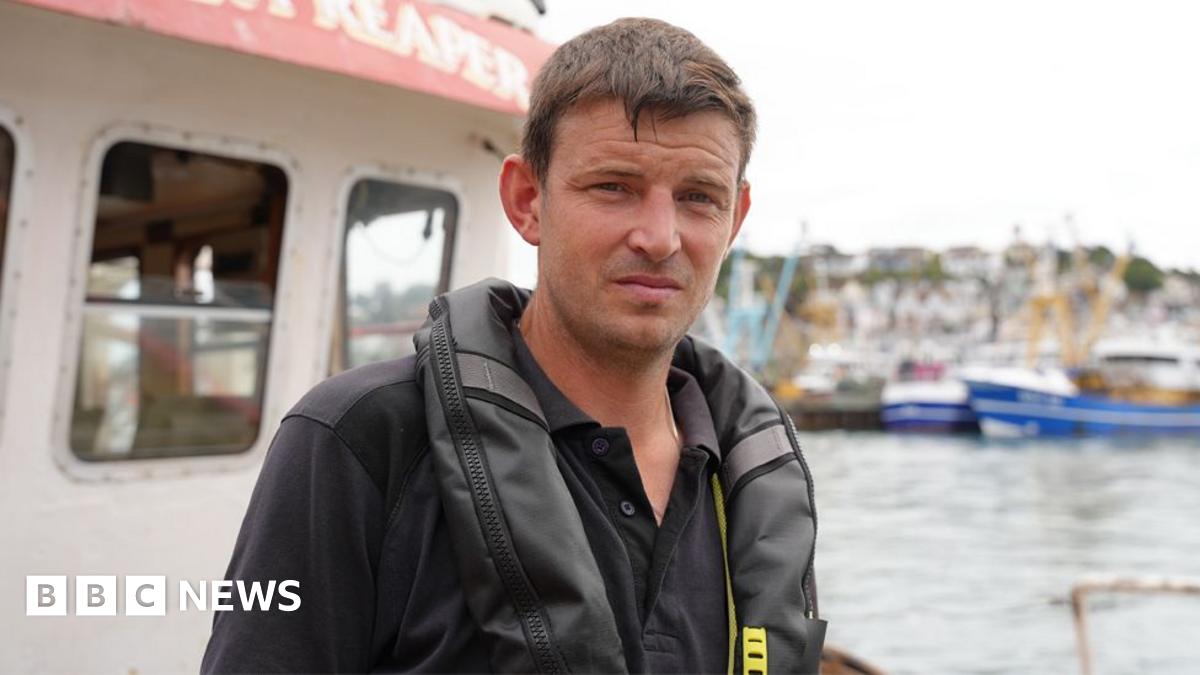Why a dockside health clinic could be the future of NHS care

Tom Parker was working alone three miles (4.8km) off the Devon coast when his fishing boat hit a wave and lurched to one side.
"I was pulling one of the ropes and I slipped and fell," he says. "I had this really, really bad pain in my ankle. So much so, I couldn't get up off the floor."
He didn't know it at the time, but Tom, 37, had broken his fibula and badly damaged his ankle ligaments.
He somehow hauled in his fishing gear and made it to hospital to get patched up, but months after the accident his wound just wouldn't heal properly.
It was only after he turned up at an innovative clinic on the quayside in Brixham that he was put on strong antibiotics and told he needed a second operation.
"Without that service, I would have probably ended up with my leg turning septic and I'm not too sure what would have happened after that," he says.
Under a 10-year plan, published last month, health officials said the NHS in England needed to undergo a radical shift, away from hospitals to community care, and away from treating sickness to preventing it in the first place.
There are already small-scale examples of that approach in action across the country.
So what can we learn from the Brixham model and how can the idea of targeted, local care be extended to treat millions more NHS patients?